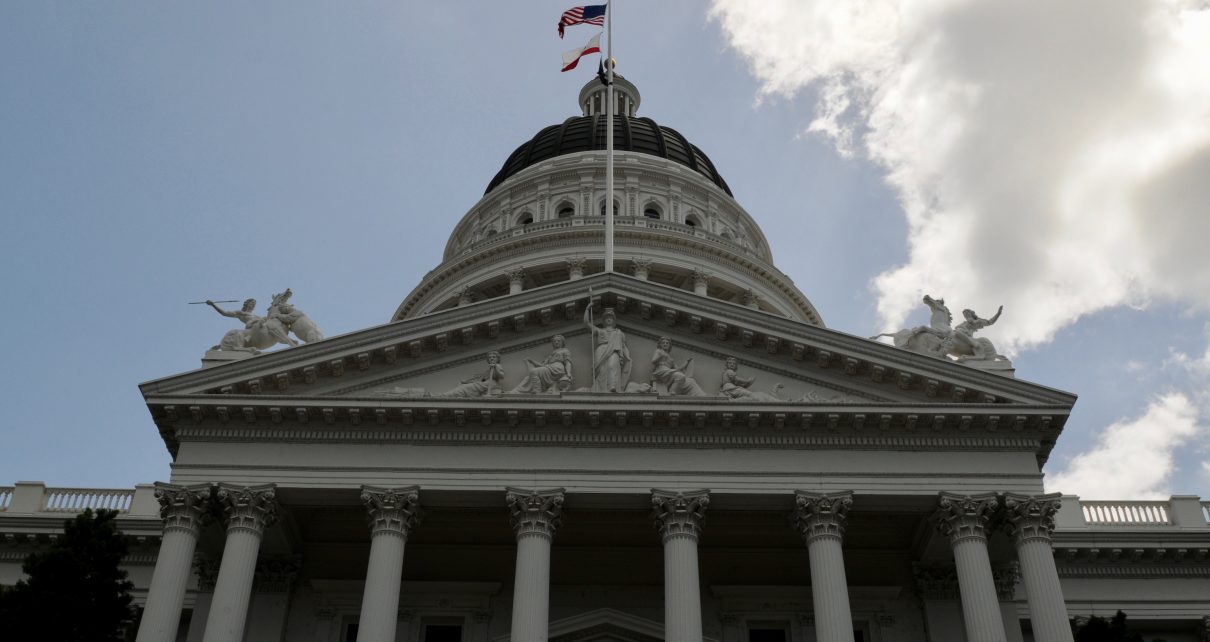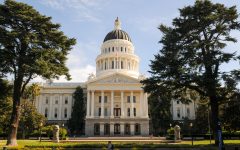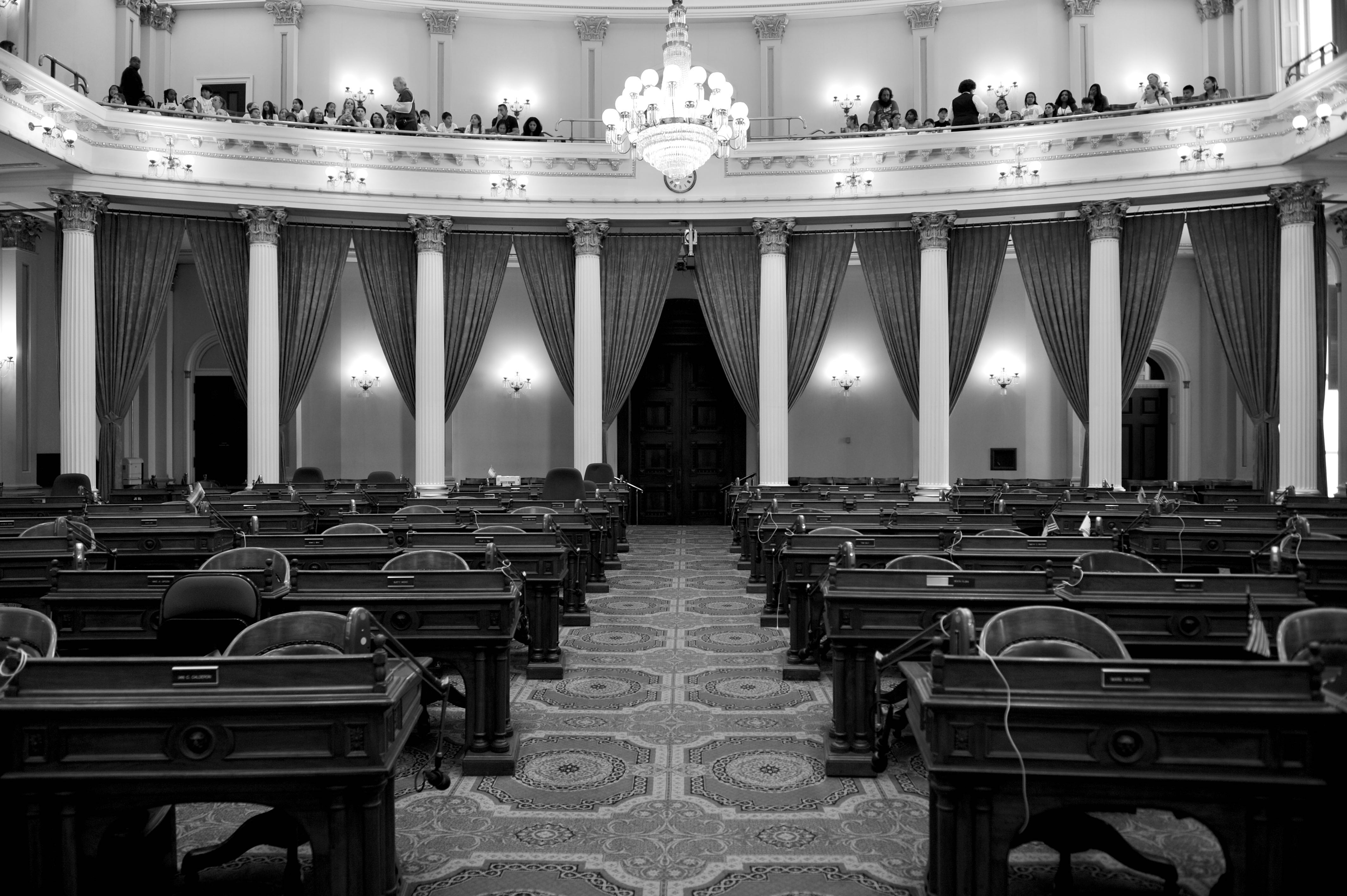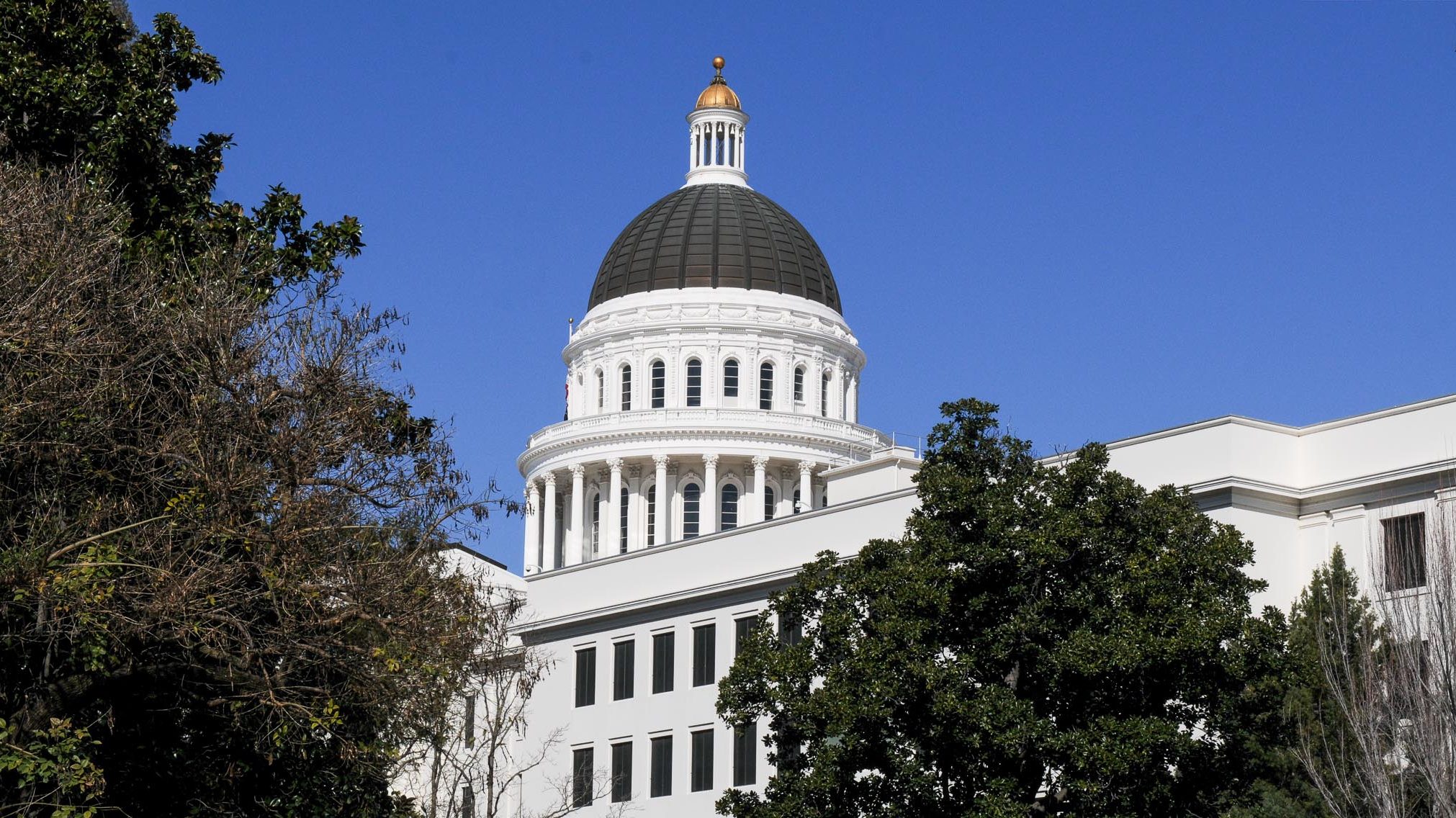
California State Capitol. (Photo: Kevin Sanders for California Globe)
Lobbying Related Terms in the California Political Reform Act
There are four types of lobbying filers in the State of California
By Chris Micheli, January 13, 2022 2:58 pm
There are four types of lobbying filers in the State of California under the Political Reform Act of 1974. In addition, there are several other definitions that those filing under the lobbying laws should be familiar with when complying with the PRA and its quarterly filing obligations.
Government Code Section 82037 defines “legislative action” to mean the drafting, introduction, consideration, modification, enactment, or defeat of any bill, resolution, amendment, report, nomination, or other matter by the Legislature or by either house or any committee, subcommittee, joint or select committee thereof, or by a Member or employee of the Legislature acting in that person’s official capacity. “Legislative action” also means the action of the Governor in approving or vetoing any bill.
Section 82038 defines “legislative official” to mean any employee or consultant of the Legislature whose duties are not solely secretarial, clerical or manual.
Section 82038.3(a) defines a “lobbying coalition” to mean a group of 10 or more persons formed primarily to influence legislative or administrative action, whose members make payments to the coalition for sharing the expenses of employing a lobbyist or contracting for the services of a lobbying firm.
In addition, under Section 82038.3(b), a lobbying coalition must file the same statements and reports as a lobbyist employer. A bona fide federation, confederation, or trade, labor, or membership organization is not a lobbying coalition if it is ongoing in nature and its membership services are not limited to influencing legislative or administrative action. Finally, a person making payments to a lobbying coalition does not qualify as a lobbying firm or lobbyist employer as a result of those payments.
Section 82038.5(a) defines the term “lobbying firm” to mean any business entity, including an individual contract lobbyist, which meets either of the following criteria:
- The business entity receives or becomes entitled to receive any compensation, other than reimbursement for reasonable travel expenses, for the purpose of influencing legislative or administrative action on behalf of any other person, and any partner, owner, officer, or employee of the business entity is a lobbyist.
- The business entity receives or becomes entitled to receive any compensation, other than reimbursement for reasonable travel expenses, to communicate directly with any elective state official, agency official, or legislative official for the purpose of influencing legislative or administrative action on behalf of any other person, if a substantial or regular portion of the activities for which the business entity receives compensation is for the purpose of influencing legislative or administrative action.
Section 82039(a) defines “lobbyist” to mean either of the following:
- Any individual who receives $2,000 or more in economic consideration in a calendar month, other than reimbursement for reasonable travel expenses, or whose principal duties as an employee are, to communicate directly or through that individual’s agents with any elective state official, agency official, or legislative official for the purpose of influencing legislative or administrative action.
- A placement agent.
In addition, under Section 82039(b), an individual is not a lobbyist by reason of activities described in Section 86300. Finally, under Section 82039(c), a proceeding before the Public Utilities Commission constitutes “administrative action” if it meets any of the specified definitions, but does not include communications made at a public hearing, public workshop, or other public forum that is part of the proceeding, or if the communication is included in the official record of the proceeding.
Section 82039.5 defines “lobbyist employer” to mean any person, other than a lobbying firm, who:
- Employs one or more lobbyists for economic consideration, other than reimbursement for reasonable travel expenses, for the purpose of influencing legislative or administrative action, or
- Contracts for the services of a lobbying firm for economic consideration, other than reimbursement for reasonable travel expense, for the purpose of influencing legislative or administrative action.
Section 82043 defines “measure” to mean any constitutional amendment or other proposition which is submitted to a popular vote at an election by action of a legislative body, or which is submitted or is intended to be submitted to a popular vote at an election by initiative, referendum or recall procedure whether or not it qualifies for the ballot.
Section 82044 defines “payment” to mean a payment, distribution, transfer, loan, advance, deposit, gift or other rendering of money, property, services or anything else of value, whether tangible or intangible.
Section 82045 defines “payment to influence legislative or administrative action” to mean any of the following five types of payment:
- Direct or indirect payment to a lobbyist whether for salary, fee, compensation for expenses, or any other purpose, by a person employing or contracting for the services of the lobbyist separately or jointly with other persons;
- Payment in support or assistance of a lobbyist or the lobbyist’s activities, including, but not limited to, the direct payment of expenses incurred at the request or suggestion of the lobbyist;
- Payment which directly or indirectly benefits any elective state official, legislative official, or agency official or a member of the immediate family of any such official;
- Payment, including compensation, payment, or reimbursement for the services, time, or expenses of an employee, for or in connection with direct communication with any elective state official, legislative official, or agency official;
- Payment for or in connection with soliciting or urging other persons to enter into direct communication with any elective state official, legislative official, or agency official.
- Should Interpretive Guidance Be Included in California Legislation? - April 28, 2024
- Legislative Intent Does Not Equate to a Mandate - April 27, 2024
- Frequently Asked Questions about State Agency Ethics Training - April 26, 2024




